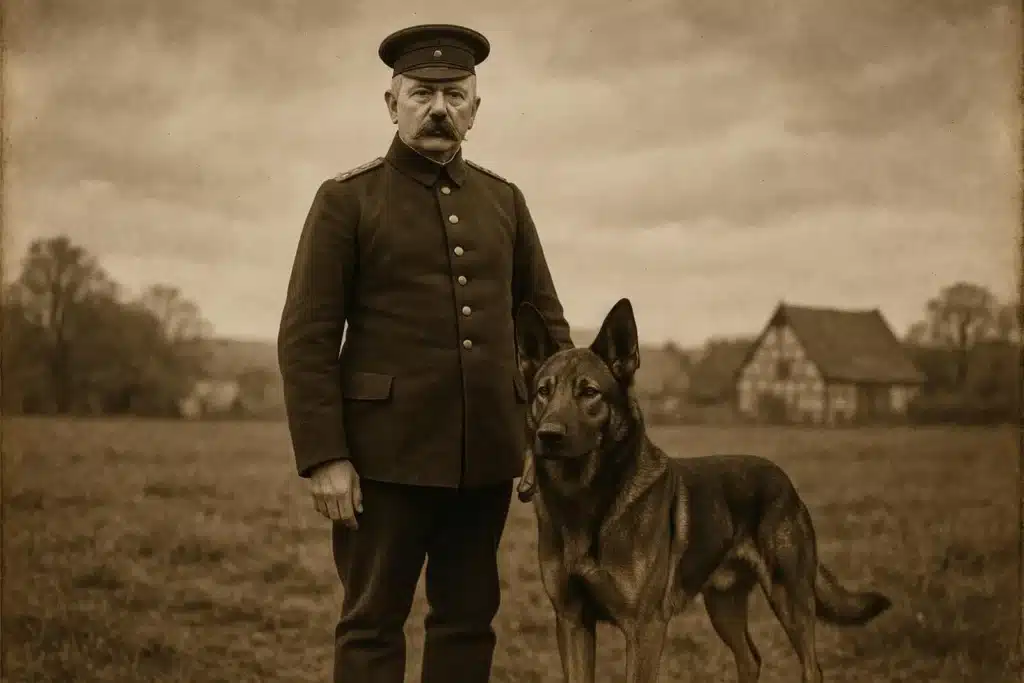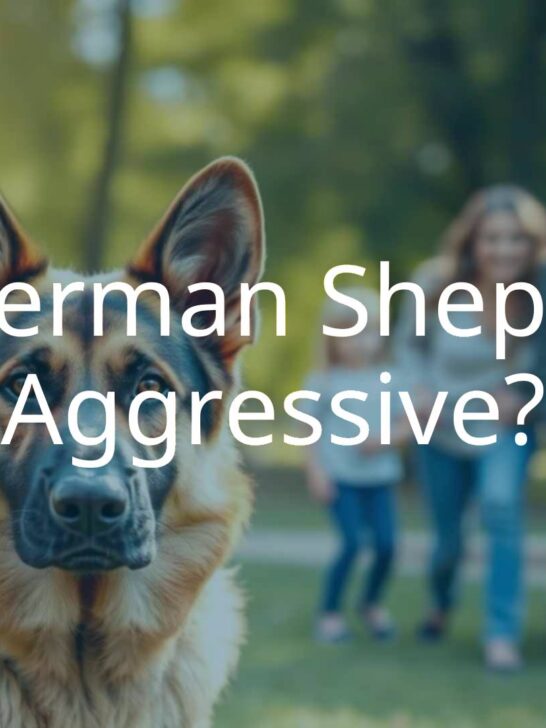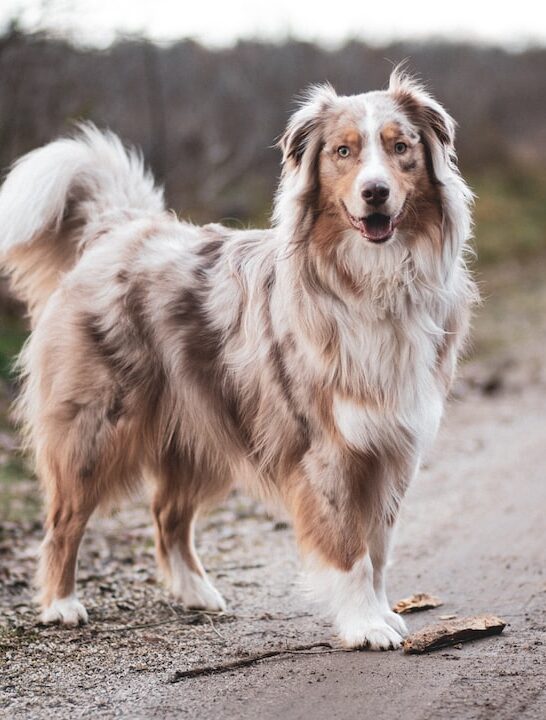Purebred German Shepherd: Everything You Need to Know
A purebred German Shepherd is a well-known and respected dog breed, famous for its loyalty, intelligence, and ability to work in many different roles. These dogs are not just friendly pets-they can be hardworking partners and dependable protectors for families. With their impressive looks and strong character, it is easy to see why German Shepherds remain one of the most popular breeds in the United States and around the world. Knowing what makes a German Shepherd truly purebred is important if you’re thinking about getting one. This article will explain the main qualities of the breed, from its history and physical features to its behavior, as well as provide practical tips for those interested in owning one.
What Is a Purebred German Shepherd?
A purebred German Shepherd comes from a line of only German Shepherd dogs-without mixing in other dog breeds. This pure line is proven with pedigree papers and registration from groups like the American Kennel Club (AKC). Because of this careful recordkeeping, purebred German Shepherds keep the breed’s special qualities, such as their looks and personality, and you can expect these traits to remain the same from one dog to the next.
Origins and History of the Breed
The German Shepherd breed began in late 1800s Germany, led by Captain Max von Stephanitz. He wanted to create the perfect herding dog by combining intelligence, strength, and loyalty. Using several types of German herding dogs, he chose those with the best working skills. By the 1900s, he had created the first club for the breed, firmly establishing the German Shepherd’s standards.
Though they started as herding dogs, German Shepherds quickly showed they were capable of doing much more. Their intelligence and instincts made them useful in police and military work. The breed grew popular in North America in the early 1900s, especially after dogs like Rin Tin Tin appeared on screen. Today, German Shepherds are valued as working dogs and as caring family pets, thanks to more than a century of smart breeding.

Purebred vs. Mixed-Breed German Shepherds
The main difference between a purebred German Shepherd and a mixed-breed is their family background. Purebred German Shepherds trace their ancestry only to other German Shepherds, while mixed-breeds have other types of dogs in their family tree. This means purebreds show the classic looks and behavior of the breed. Mixed-breeds may have some German Shepherd traits, but they could also have many qualities from their other breed relatives, making their personalities and appearance less predictable. That is why breeders work carefully to maintain bloodlines and provide paperwork like AKC registration.
Physical Traits of Purebred German Shepherds
Purebred German Shepherds have a strong, athletic, and graceful look. Their appearance not only looks good but also helps them perform many jobs, from herding to guarding.
Size, Coat, and Color
| Sex | Height at Shoulder | Weight |
|---|---|---|
| Male | 24-26 inches | 65-90 lbs |
| Female | 22-24 inches | 50-70 lbs |
These dogs have a sturdy body, upright ears, dark eyes, and a long, straight snout. Their thick, double coat comes most often in black and tan, but can also be sable, black, or even white (though white is not preferred in dog shows). The double coat protects them from both hot and cold weather. Most have a medium-length coat, though some have longer hair and may need more grooming.

Temperament and Behavior
The German Shepherd’s personality is one of its strongest features. These dogs are highly intelligent, quick to learn, and completely loyal to their owners. They are known for being protective and confident, which makes them popular choices for police and military work.
- Very trainable and smart
- Protective and alert
- Loyal and loving toward family
- Good working dogs-enjoy having a “job”
- May be reserved with strangers-early socialization helps them adjust
When not given enough activity or attention, they may get bored and pick up bad habits, so it is important to keep them busy and involved.
Important Things to Know Before Getting a Purebred German Shepherd
Best Home Environment
German Shepherds have a lot of energy and do best in homes where they have room to move around. Ideal homes offer:
- A yard that’s safely fenced for free play
- Active owners willing to spend time walking, running, or playing daily
- Households that include them as family members
While some people keep German Shepherds in apartments, it’s tough-they will need several walks and extra activities daily. Rental dog parks or spaces like Sniffspot can help provide safe areas for exercise in such cases.
Money and Time Needed
Owning a purebred German Shepherd costs both money and time. Here’s a breakdown of key commitments:
- Purchase Price: Buying a puppy from a good breeder can be expensive.
- Regular Costs: High-quality food, vet visits, shots, training, grooming items, and strong toys.
- Insurance: Pet health insurance helps cover big medical bills-good for breeds prone to joint or stomach issues.
- Exercise: At least 90 minutes each day (walks, runs, games, or dog sports).
- Mental Stimulation: Training, puzzle toys, and attention throughout the day (not just physical activity).
If your job keeps you away for long periods, you’ll also need to pay for dog walkers or daycare to make sure your dog isn’t left alone too long.
Misconceptions and Common Questions
- “Are they aggressive?” – With stable breeding and proper socialization, they are confident but not naturally aggressive. Bad behavior usually comes from improper handling or poor socialization.
- “Are they good with children?” – Yes, if raised with kids, they are gentle and protective, but supervision is always recommended.
- “Will they bark a lot?” – They alert naturally and may bark if bored or anxious. Consistent training helps manage this habit but some barking is part of their nature.
- “Can they be left alone?” – Four to six hours is about the maximum. More time alone can cause restlessness and destructive habits.
Maintenance and Care Needs
Looking after a purebred German Shepherd takes effort in many areas: activity, food, grooming, and health care.
Exercise and Mental Activity
These dogs need lots of exercise and mental challenges-about 90 minutes daily. Activities should include:
- Long walks or runs
- Playing games like fetch
- Dog sports (agility, obedience, herding)
Mental stimulation, such as puzzle toys and training lessons, helps prevent boredom and keeps them happy.
Food and Feeding
A balanced diet supports their health and energy. Use quality dog food that suits their age and lifestyle. Dangers like bloat are more common in this breed, so:
- Feed twice or more a day instead of one big meal
- Use slow feeders to prevent gulping
- Keep food and storage bins out of reach
- Wait at least an hour pre- or post-meal before doing heavy exercise
- Keep fresh water available at all times
Check with your vet to find the best diet for your dog.
Grooming by Coat Type
German Shepherds shed a lot, especially during seasonal changes. Routine grooming includes:
- Brushing: at least once a week (more for long-haired dogs)
- Bathing: only when needed, not too often
- Nail trimming: every few weeks
- Ear cleaning and teeth brushing
Staying consistent with grooming helps keep your dog comfortable and healthy.
Health Issues and Expected Lifespan
| Health Issue | Description |
|---|---|
| Hip & Elbow Dysplasia | Joint issues causing pain and mobility problems |
| Degenerative Myelopathy | Progressive weakness leading to paralysis |
| Bloat | Stomach expands and may twist-life-threatening emergency |
| Allergies, cancers, heart disease | Sometimes seen in the breed |
They usually live between 7 and 10 years. Regular vet check-ups, proper nutrition, exercise, and quick response to illness can help your dog live longer. Pet insurance helps with medical costs.
Training and Socialization
Teaching your German Shepherd to behave well and meet new people or situations is a must, not just a suggestion. Training and socialization start young and continue throughout life.
Early Socialization
Between 3-16 weeks old, puppies should meet many people, animals, and experience different places. Puppy classes can help them learn how to act around others. Expose them safely to crowds, traffic, and new things so they learn not to be scared. Meeting other vaccinated dogs can teach healthy dog-to-dog manners.
Obedience Training
German Shepherds are eager to please and learn quickly. Reward-based training using treats and praise works well for this breed. Avoid yelling or punishment-they do better with patient, positive teaching. Keep lessons short and regular. Encourage them to follow commands like “sit,” “stay,” “come,” and add more advanced topics as they improve. Dog sports or professional classes can also keep them busy and help refine their skills.
Behavioral Traits Affecting Training
- Very smart-learn fast but can get bored if training lacks variety
- Strong prey drive-may chase small animals; practice strong recall
- Protective-may be aloof to strangers; teach them to relax in new situations
- Love being with family-don’t do well left alone too much
Acknowledging these traits helps shape German Shepherds into well-behaved family members.
How to Find a Trustworthy Purebred German Shepherd Breeder
Picking a responsible breeder is the most important part of getting a healthy, pure German Shepherd. Good breeders focus on health, temperament, and matching you with the right dog.
What to Look For
- Breeder knows the breed and is happy to answer questions
- Breeder does health checks and genetic testing for problems like hip dysplasia
- Puppies are raised in a clean, friendly home-not just kennels
- Breeder asks you questions to make sure you’re a good fit
- May have a waiting list, since good breeding takes time
- Breeder offers support even after you take your puppy home
Health Papers and Proof of Pedigree
- Health certifications (such as OFA for hips and elbows) show the parents are checked for joint issues
- Breeders should provide proof their dogs are tested for genetic conditions common to the breed
- AKC registration papers prove the puppy’s family tree and purebred status
- A good breeder will give you a health guarantee for at least the first year or two
This paperwork helps you know you are getting a healthy purebred German Shepherd.
Should You Get a Purebred German Shepherd?
Choosing a German Shepherd takes honest thinking about your lifestyle. They do best with families or people who are active, can provide lots of exercise, and have space for them to move. If you enjoy jogging, hiking, or dog sports and want a smart, protective friend, this breed could be right for you.
If you want a dog requiring little care, live in a small apartment, or travel often, a German Shepherd probably isn’t a good match. They need training, socializing, and daily activity, as well as a financial and time investment over their 7-10 year life. But if you’re ready to meet their needs, you’ll be rewarded with a brave, loyal, and devoted companion who will bring a lot of joy and partnership to your life.




















